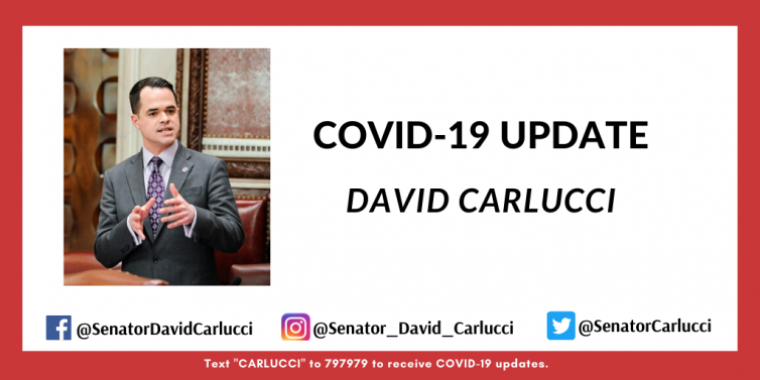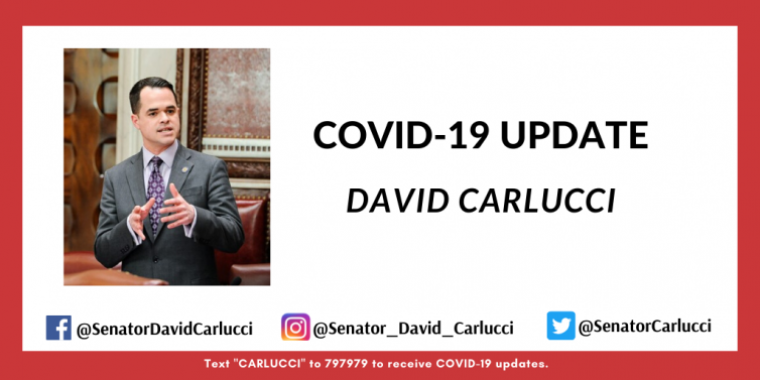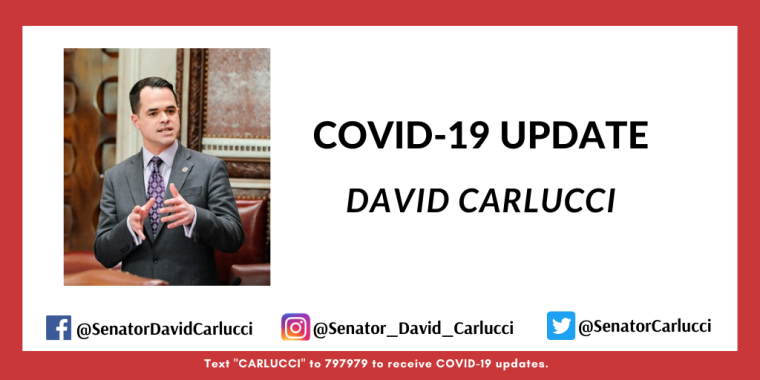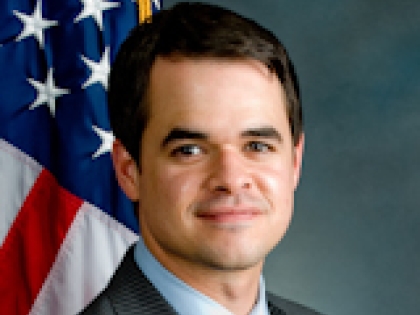
Long Term Health Care
David Carlucci
March 2, 2011
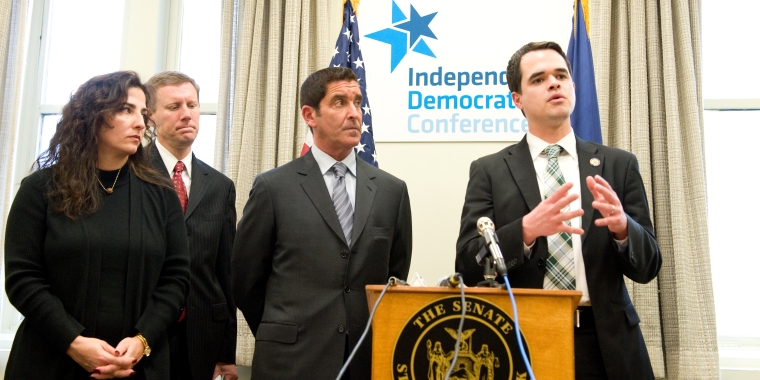
Senator Carlucci Calls for Action
to Save $61 Million in Medicaid Spending
(Albany, NY) Senator David Carlucci (D-Rockland/Orange) and the Independent Democratic Conference today called on the State Insurance Department to take the first steps to streamline the Medicaid system by quickly completing regulations to implement a new law that is projected to create more than $61 million in savings.
Senator Carlucci also issued a report detailing more recommendations to reform Medicaid spending for Long Term Health in New York.
The measure was sponsored by Senator Jeffrey D. Klein, (D-Bronx/ Westchester), and signed into law on Dec. 20, 2010. It allowed health insurance companies to offer life insurance policies in which a portion of the benefit can be used to cover long term care costs. Specifically, it allows an accelerated life insurance payout to go toward long term care if a person is confined to a nursing home for three months and was expected to remain in such a facility for the rest of their lives.
The State Insurance Department needs to draft and issue guidelines governing these new long term care policies in order for them to be implemented.
The intent of the law, which brings New York in line with every other state in the country, is to ease the burden on the Medicaid system, where long term care costs frequently fall, by encouraging the use of long term care insurance.
Medicaid spending on long term care was at least $12.4 billion and accounted for 27 percent of all Medicaid spending in 2009. During that same time period, there were only 321,011 private long term care policies written in New York State, which has a population of 19 million. By contrast there were roughly 9 million life insurance policies.
The table below shows projected savings under the new law.
Year | # individual diverted from Medicaid | Average annual Medicaid costs to State & Localities | Savings |
2015 | 2,177 | $28,299.71 | $61,603,438.16 |
2016 | 2,595 | $29,431.70 | $76,360,608.15 |
2017 | 3,007 | $30,608.97 | $92,052,153.10 |
2018 | 3,415 | $31,833.32 | $108,721,770.81 |
2019 | 3,818 | $33,106.66 | $126,414,784.92 |
2020 | 4,217 | $34,430.92 | $145,178,186.10 |
“I am committed to improving the efficiency of New York’s long term care system while ensuring that the most vulnerable receive the help that they need,” Senator Carlucci said.
Senator Carlucci has made further recommendations to the State Insurance Department, including that they:
- Investigate allowing additional forms of hybrid life insurance/long term care insurance policies to be written and sold in New York State. This step was also recommended by the Governor's Medicaid Redesign Team.
- Explore joining the interstate compact allowing reciprocity between New York and other states participating in Partnership for Long Term Care programs.
- Find ways to expand the New York Public Employee and Retirement Long Term Care Insurance Plan in order to build a large and effective pool of participants that have long term care insurance policies. This might include accepting Health Department recommendations to allow state employees to use sick time to buy long term care insurance policies and allowing for broader intervals of open enrollment to subscribe to long term care insurance.
- Examine ways to help self-employed workers and private companies and unions to create pools of long term care insurance as a way to give more individuals access to group long term care insurance.
“The Medicaid system has grown to the size that it has after years of doing the same old thing in government,” said Senator David Carlucci. “We are going to need to think outside the box to fix Medicaid and put New York back on the right track.”
Senator Carlucci also recommended changes to the Medicaid Long Term Care system that would make it more efficient and less costly. These changes include:
- Creating a uniform standard to determine what long term care services are needed. Currently, no such standard exists.
- Streamlining the current Medicaid long term care program, which is currently made up of many different programs, many of them having very similar demographics.
- Expanding already successful and less costly Medicaid managed long term care programs..
- Find ways to better integrate informal caregivers with the long term care system and increase the support they receive. One way may be to implement a tax credit program for these caregivers.
Many of these have also been recommended by the Governor's Medicaid Redesign Team.
“I believe these to be important and vital reforms,” said Senator Carlucci. “I am looking forward to working with my partners in government to move our Medicaid system into the 21st Century.”
